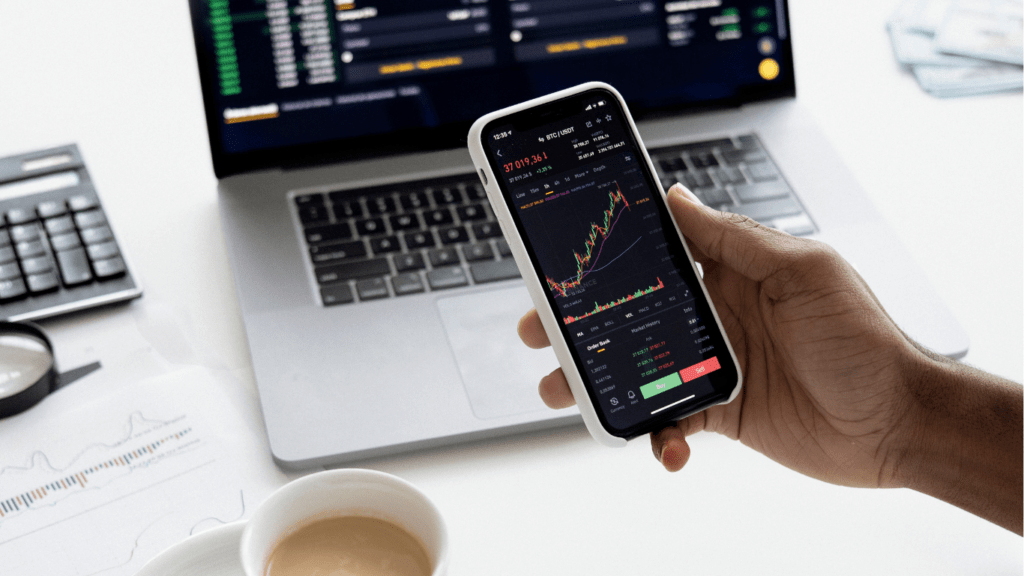Analyzing Current Market Trends
Understanding current market trends provides key insights into potential opportunities and challenges. Identifying these trends helps leverage technological innovations and adjust to evolving consumer preferences effectively.
Impact of Technology Advancements
Technology advancements drive fundamental changes in various industries. New tools, such as artificial intelligence (AI) and blockchain, enhance operational efficiency and open up new business models. For instance, AI adoption is accelerating in sectors like healthcare, where it improves diagnostics and patient care. Blockchain, on the other hand, is revolutionizing financial transactions by offering increased security and transparency. These technological strides disrupt traditional markets and create new growth avenues.
Shifts in Consumer Behavior
Changes in consumer behavior significantly influence market dynamics. Increased digital connectivity alters shopping habits, with e-commerce gaining a larger market share. Online platforms like Amazon and eBay report increased consumer spending due to the convenience and variety they offer. Sustainability concerns also lead to a higher demand for eco-friendly products, prompting companies to rethink supply chains and product designs. Businesses adapting to these behavioral shifts often see enhanced loyalty and sales growth.
Economic Influences on Market Momentum

Understanding economic factors is crucial for assessing market momentum, as they shape trends and opportunities. Various global and domestic influences play a significant role in driving these changes.
Global Economic Factors
Shifts in global economies significantly impact market momentum. Exchange rates directly affect international trade, influencing costs and pricing for businesses operating across borders. For instance, a strong dollar may make US exports less competitive, potentially harming American manufacturers. Additionally, geopolitical events, like conflicts or trade negotiations, often cause market volatility by affecting investor confidence and capital flows. Economic policies from major economies, such as China’s growth strategies or EU monetary policies, cause ripple effects, impacting global supply chains and market dynamics.
Domestic Policy Changes
Domestic policies create immediate effects on market momentum. Regulatory changes can open or restrict market access, influencing competition levels and business operations. Tax policies affect business investments, as companies often adjust spending based on tax incentives or burdens. For example, a reduction in corporate taxes might encourage domestic investments, boosting sectors like manufacturing or technology. Monetary policies, including interest rate adjustments by central banks, directly impact borrowing costs, consumer spending, and overall economic growth, further affecting market trends.
Industry-Specific Momentum Shifts
Industry-specific momentum shifts reveal unique opportunities and challenges across various sectors. By focusing on both emerging and traditional industries, key insights can be gained into where momentum is heading.
Emerging Industries to Watch
In emerging industries, momentum is driven by innovation and market demand.
- Renewable Energy: With global sustainability initiatives, renewable energy is expanding rapidly. Companies are investing in solar and wind technologies, making them critical growth areas.
- Biotechnology: Developments in genetic engineering and personalized medicine are advancing healthcare, attracting significant investment.
- Electric Vehicles (EVs): Increasing environmental awareness boosts the demand for EVs, leading to advancements in battery technology and infrastructure development. Analyzing these sectors provides insight into future market leaders and investment opportunities.
Challenges for Traditional Sectors
Traditional sectors face momentum challenges due to disruptive technologies and evolving consumer preferences.
- Retail: Brick-and-mortar stores struggle with e-commerce growth, needing to integrate digital solutions to remain competitive.
- Automotive: The shift to EVs pressures traditional internal combustion engine manufacturers to innovate or risk obsolescence.
- Banking: Fintech disruptors challenge conventional banks with superior tech and personalized services. Understanding these challenges helps businesses adapt strategies to maintain relevance and market share.

 Juan Saxtonetic’s contributions to Funds Fortune Roll are rooted in his deep understanding of risk management and investment diversification. His innovative approach to analyzing risk and reward scenarios has guided the development of strategies that prioritize balanced decision-making. Juan’s work ensures that users have access to reliable tactics for managing their portfolios effectively, making him an essential part of the platform’s growth.
Juan Saxtonetic’s contributions to Funds Fortune Roll are rooted in his deep understanding of risk management and investment diversification. His innovative approach to analyzing risk and reward scenarios has guided the development of strategies that prioritize balanced decision-making. Juan’s work ensures that users have access to reliable tactics for managing their portfolios effectively, making him an essential part of the platform’s growth.